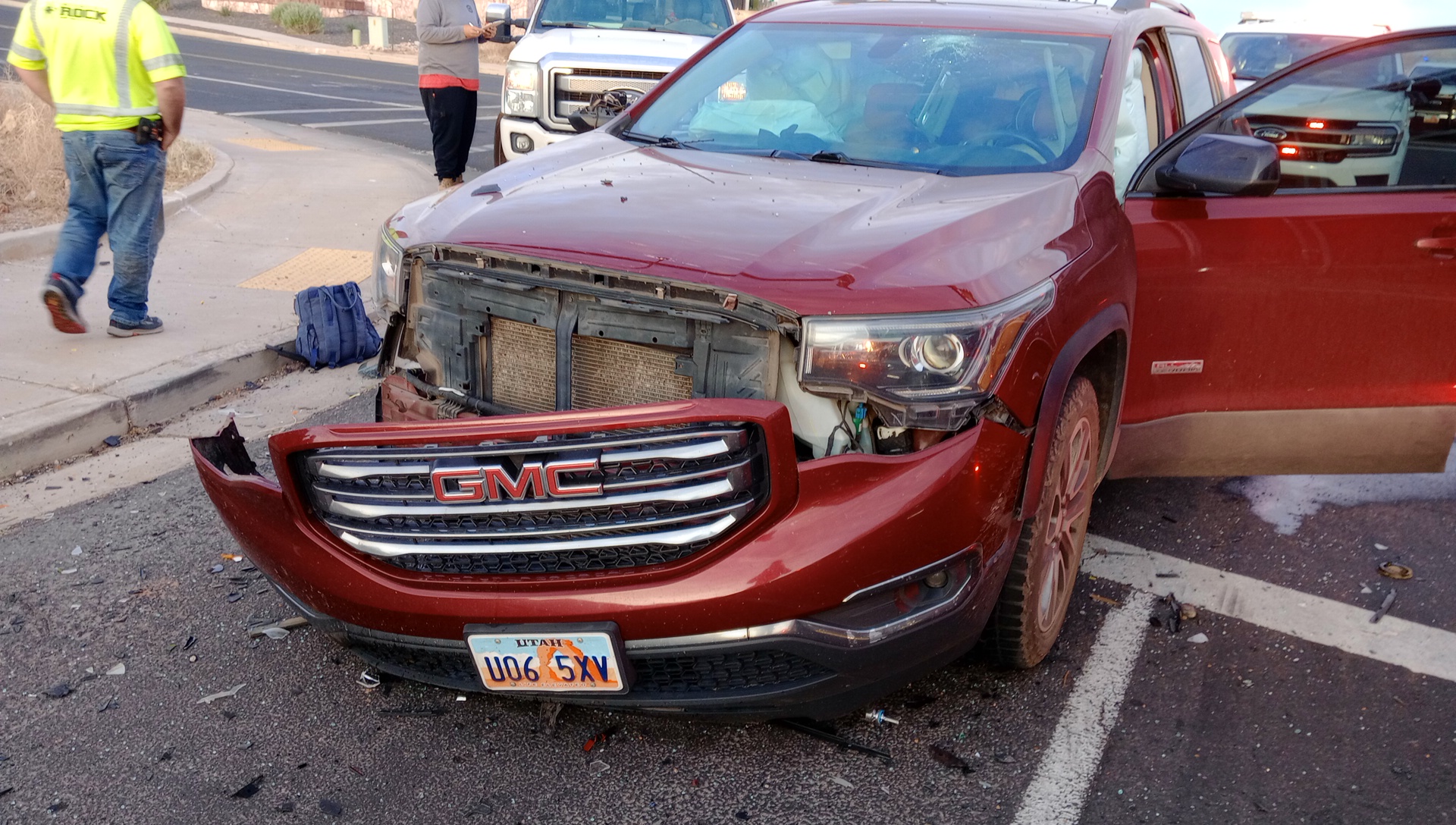
- When you attend your deposition, dress professionally.
- Study your interrogatory responses thoroughly, along with any other information your attorney asks you to look over. Be sure to study all materials carefully so that you are prepared, and have your best chance of a positive outcome to your case.
- Be honest in all your answers, even in the truthful answer seems like it might hurt your case. If the defense attorney discovers you have been dishonest in any answers, it could destroy your entire case.
- Never argue with the defense attorney. Be polite. It can only help your case.
- Listen intently as the defense attorney asks you the questions. Allow him or her to finish each question before you answer, so that you can make the best answer possible.
- Consider your responses carefully before speaking.
- Don’t always agree simply when the defense attorney asks you to agree to a question. Sometimes lawyers will use a tactic of stringing several statements together and asking you to agree to all of them. Then the final statement might not be true, but you may agree quickly because you are in the habit of agreeing to the previous statements. Be sure to listen carefully to each statement and question so you don’t admit or agree to anything that could damage your case.
- Never offer more information that you have to. Answer each question in a straightforward and concise manner, and never elaborate unless you are asked to offer more detail.
- Make direct eye contact as much as you can with the defense attorney.
- Speak clearly and confidently. You and your St. George lawyer have prepared for this.
Why are depositions so important to personal injury cases?
- The defense attorney will be assessing you and your character, or your quality of testimony. If the attorney is impressed with your deposition, your case will more likely move quickly to settlement.
- The deposition serves to prepare you for the actual trial. In the deposition, you will gain experience testifying and being questioned by an attorney.
- The deposition is very important for the defendant, because it can be used against you if it is false.



